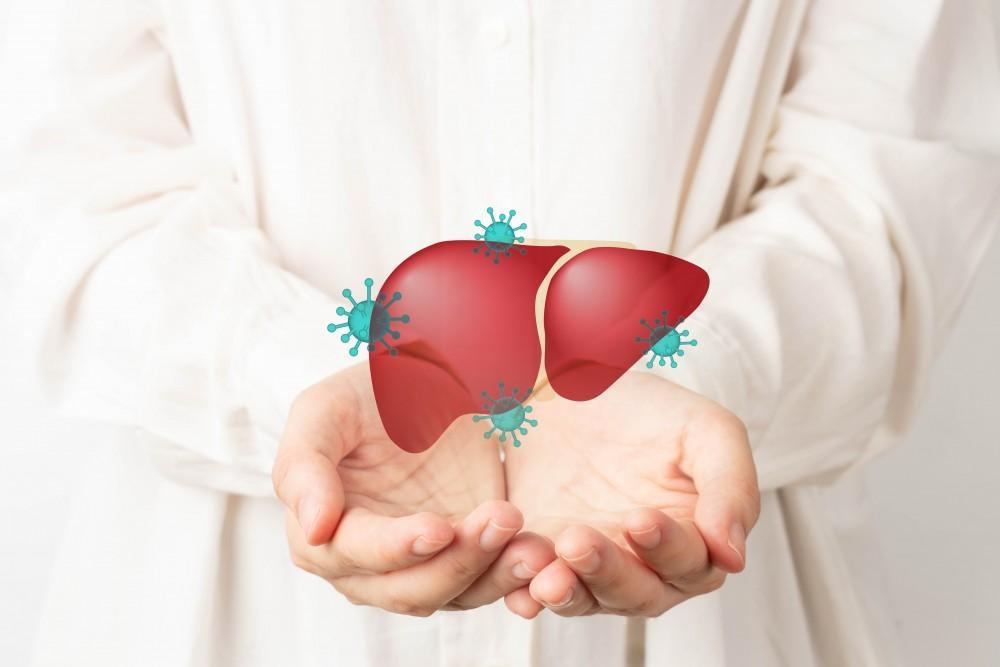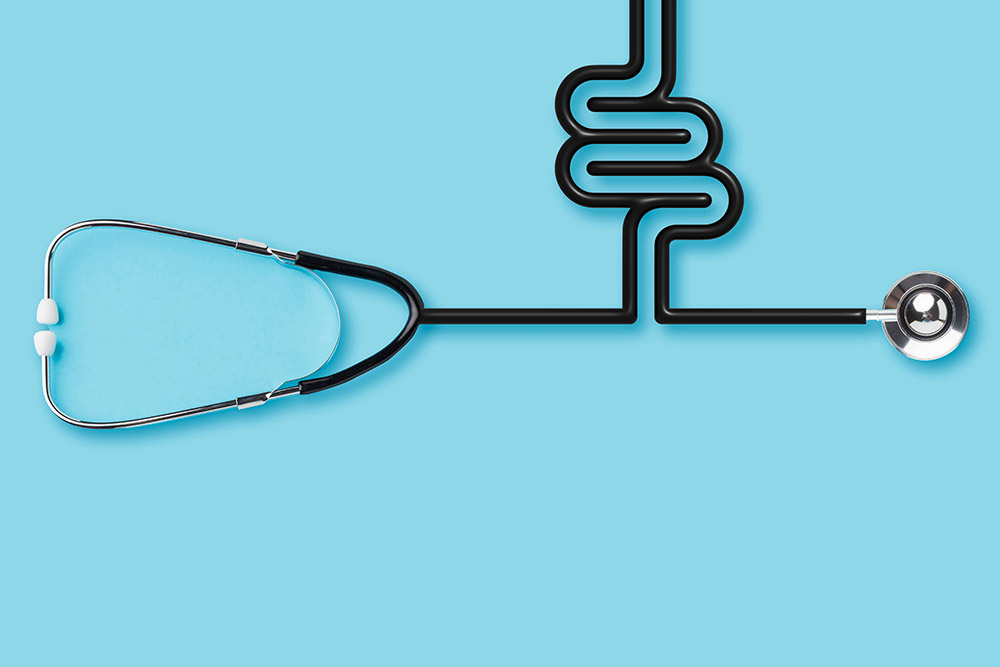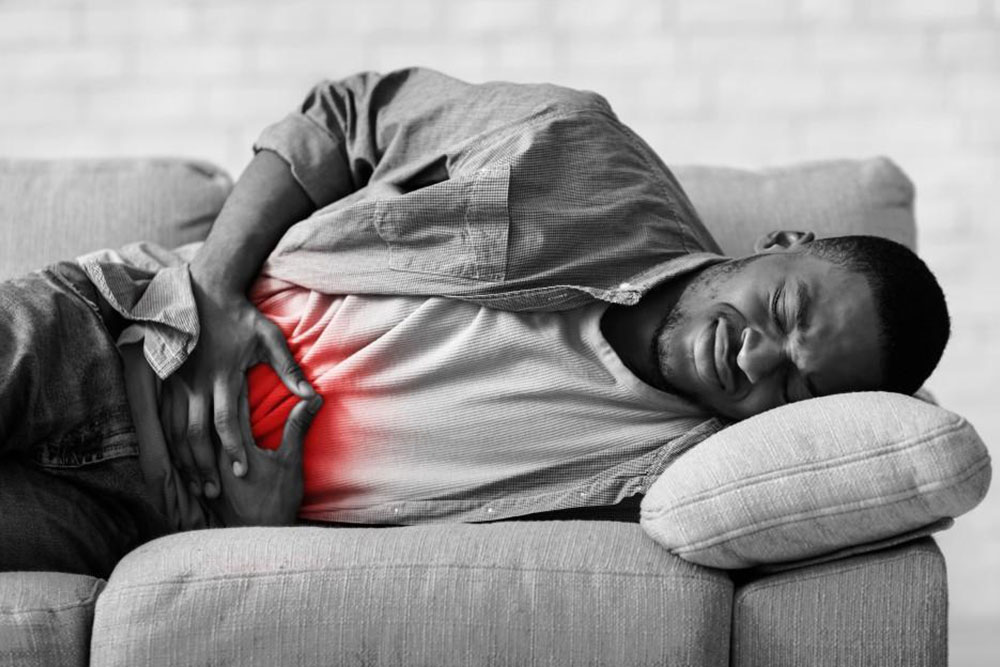How Dr. Nghia Nguyen Diagnoses?
Dr. Nguyen uses a step-by-step approach:
Medical History and Exam
He reviews the onset, location, and character of your pain, plus diet, stressors, medications, and family history.
Blood Tests
We check for anemia, inflammation markers, liver and pancreatic enzymes, and H. pylori antibodies.
Imaging Studies
- Abdominal ultrasound to evaluate the gallbladder, liver, and pancreas.
- CT scan for a more detailed look at abdominal organs when needed.
Endoscopic Evaluation
An upper endoscopy (EGD) allows direct visualization of the esophagus, stomach, and duodenum to detect ulcers, gastritis, or hiatal hernia.
Advanced Testing (if needed)
24-hour pH monitoring or gastric motility studies can help diagnose reflux disease or functional motility disorders.
Frequently Asked Questions
What are common signs of liver disease?
Early signs include fatigue, jaundice (yellowing of the skin or eyes), dark urine, light-colored stool, abdominal swelling, and easy bruising.
What causes liver disease?
Causes include viral infections (like hepatitis B or C), alcohol use, nonalcoholic fatty liver disease (NAFLD), autoimmune conditions, genetic disorders, and certain medications or toxins.
How is liver disease diagnosed?
Diagnosis typically involves blood tests (LFTs), imaging (ultrasound, CT, MRI), liver elastography (FibroScan), and sometimes a liver biopsy for confirmation.
Can liver disease be reversed?
In early stages, lifestyle changes like stopping alcohol, losing weight, and managing underlying conditions can help reverse some liver damage. Advanced stages like cirrhosis may be permanent but manageable.
Is liver disease always caused by alcohol?
No. While alcohol-related liver disease is common, many cases are due to nonalcoholic causes such as fat buildup, autoimmune disease, or hepatitis viruses.
What foods should I avoid with liver disease?
Limit processed foods, fried items, sugar, alcohol, and excess salt. Focus on a balanced diet rich in fruits, vegetables, whole grains, and lean proteins.
When should I see a liver specialist?
If you have abnormal liver tests, jaundice, persistent fatigue, or known risk factors like heavy alcohol use or hepatitis, consult a hepatologist or gastroenterologist.













